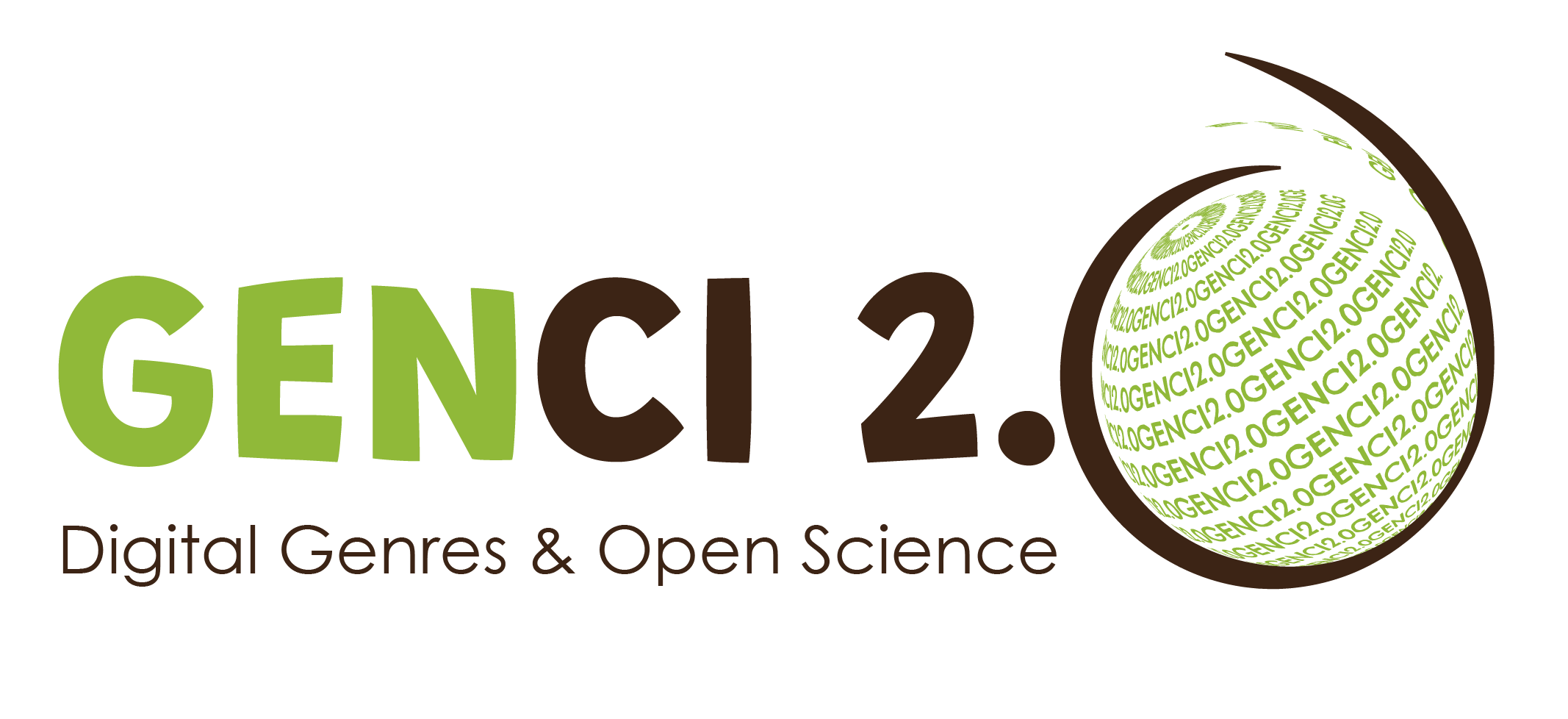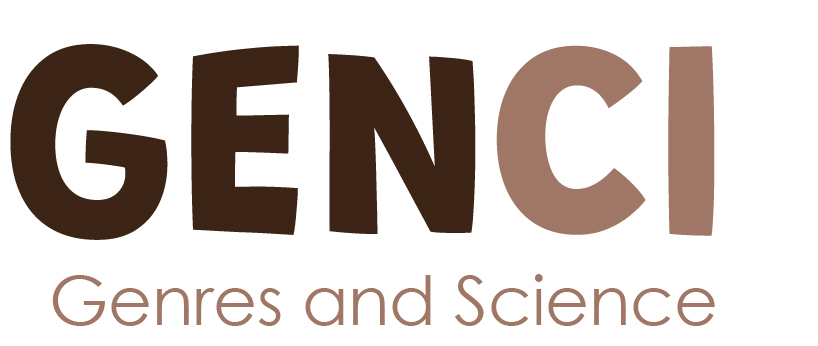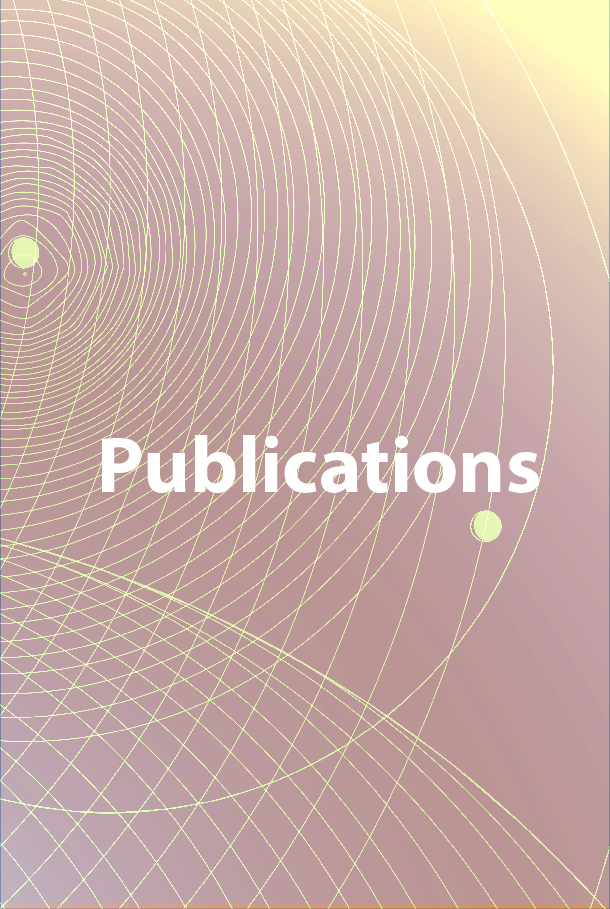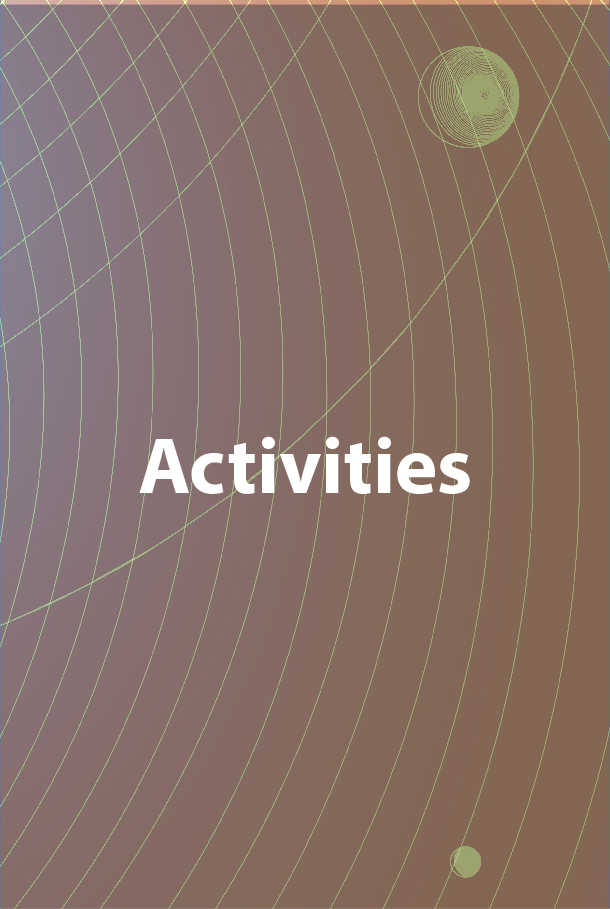RESEARCH IN PROGRESS NOW

Research Project 2025-2029
PID2023-148454NB-I00 MCIN/AE funded by

GENNET 2.0 – Genre Networks (2025-2029)
Our current project, GENNET 2.0, aims to analyse and understand the relationships and interdependencies between digital genres of professional and public science communication online. In particular, we are interested in describing and understanding how digital genres interact with each other in complex ways within digital environments, with the aim of increasing the visibility and impact of scientific findings within the scientific community, while also ensuring that scientific content reaches a wider audience.
Our team includes researchers from the University of Zaragoza, University of Cádiz, and San Jorge University in Spain, as well as international collaborators from East Anglia University and the University of Sheffield (UK) and Georgia State University (US).
You can follow our updates on this website and on our social media platforms: X/Twitter.
Activities
GENNET goes to the 8th LSPPC International Conference in Hong Kong
During last week, on 11-13th December 2025, our colleagues Oana Maria Carciu and…
Researchers Carmen Pérez-Llantada, Oana Carciu and Rosana Villares receive the Aragón Investiga Award in the “María Andresa Casamayor” gender perspective category for their project Women4Science
On 19 November 2025, the Government of Aragón organized the XV Aragon Investiga…
Participation in the 48th AEDEAN conference in Vitoria-Gasteiz
The 48th AEDEAN conference (Spanish Association of Anglo-American Studies) took place in Vitoria-Gasteiz,…
DILAN participates in the 13th International conference Synergies in Communication
Our colleagues Gonzalo Ruiz, from Kampal Data Solutions, Jose Divasón from Universidad de…
GENCI participation in AELFE 2025
Several GENCI members participated in the 23rd International AELFE Conference, in Castellón (Universitat…
Pérez-Llantada, C. (2025). From genres and networks to researchers’ training: Interdisciplinary perspectives on…
BIFI Conference 2025
Our colleagues María José Luzón and María Ángeles Velilla Sánchez gave two presentations…
GENCI participation in AEDEAN 2024
Our colleagues Carmen Pérez-Llantada and Rosana Villares presented their study on “Digital science…
GENCI participation in AELFE 2024
In the month of September, many GENCI members participated in the 22nd International…
Participación en la Jornada Sectorial organizada por FEUZ
Carmen Pérez-Llantada participó en las Jornadas Sectoriales “Demandas de la empresa aragonesa”SECTOR AUDIOVISUAL”,…
PAST RESEARCH

Research project 2019-2024
Project PID2019-105655RB-I00 funded by

GENCI 2.0 – Digital Genres and Open Science (2019-2024)
Web 2.0 has brought about dramatic changes in the transmission and dissemination of science, facilitating the communication between scientists and also with non-specialized audiences through digital genres. Digital affordances facilitate the emergence of hybrid genres and the combination of genres to form complex generic assemblages to communicate science to diversified audiences.
In this context, this project seeks to respond to the problematization of the traditional concept of genre and explore the use of genre repertoires to communicate science openly on the Internet. Our purpose is to identify the intertextual relationships in the new combinations of genres afforded by the digital environments, paying special attention to processes of generic innovation through the use of multimodal elements, and processes of generic hybridization, and appropriation of non-scientific discourses.
You can follow our project updates on ResearchGate and Twitter.


